Blogs
Korean Newspapers’ Headlines Are A National Embarrassment
I am long overdue for a post about Hong Kong, given the fact...
What’s going on in a Gangnam Host Bar at 2am? (Part 1)
Korean Food Inflation Highest in OECD
Question from a reader: coming to Korea with a kid?
Disaster Relief for Japan
Japan’s Tragedy Could Be Korea’s, Too
going away
Lee Kun-hee Hates the Idea: Of Course He Does
Can an outdoors-ey person survive in Korea?
Plastic Surgery Struggling in Korea? Some Untold Facts
The Daily Grind
plans and concerns
Five easy day trips out of Seoul


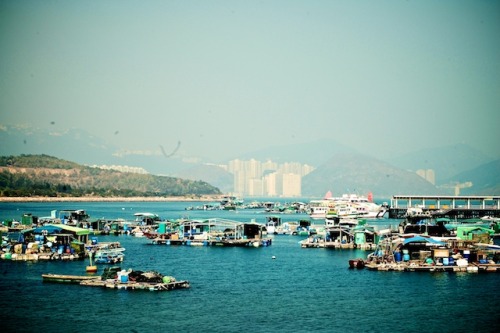
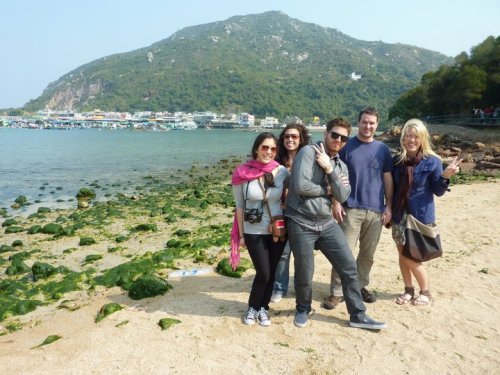

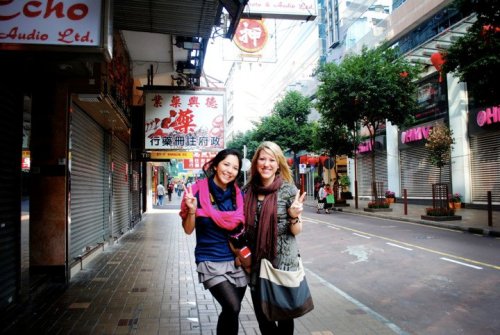

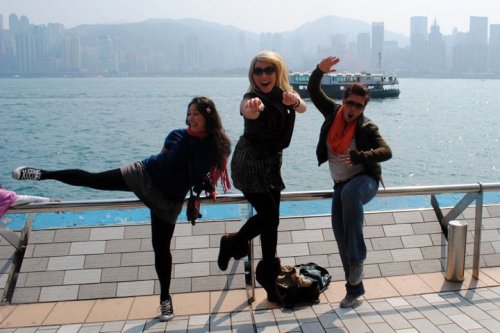


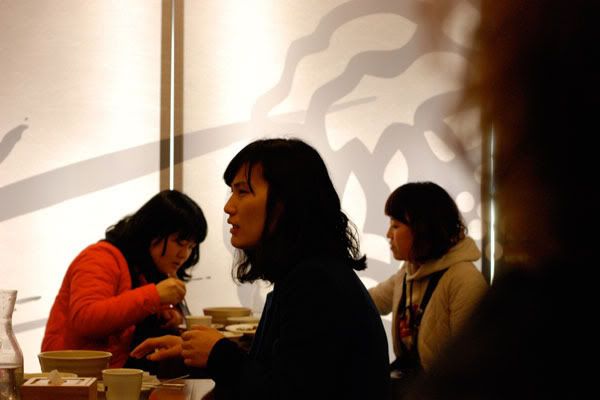
Recent comments